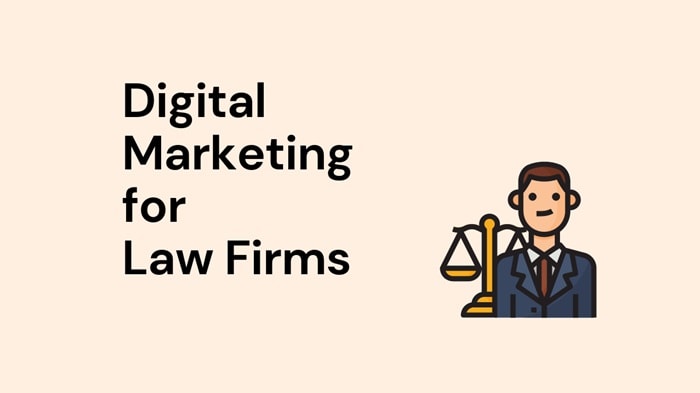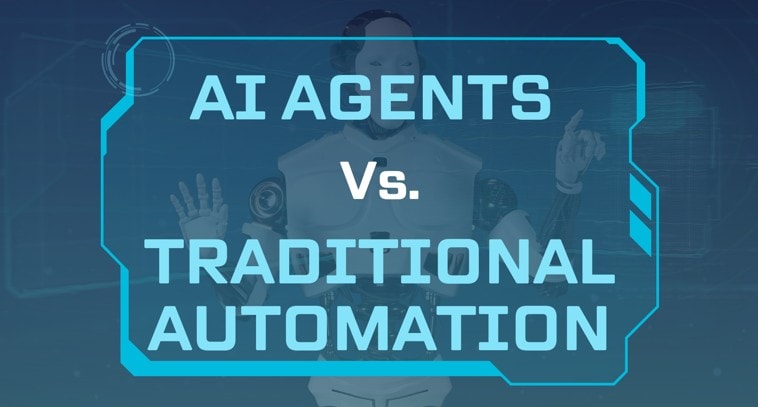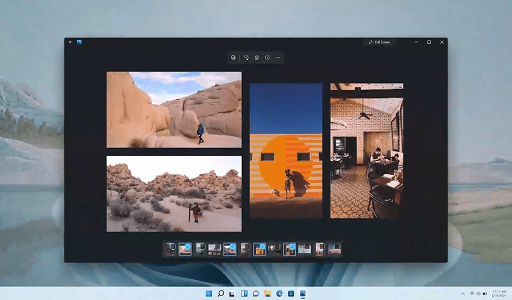Recently, John Mueller, a Google Search Advocate, answered an interesting post on Reddit. A website owner was in trouble due to a huge increase in indexed foreign language pages. He found more than 20,000 pages of Japanese and Chinese on his website that he neither wrote nor meant to add to his site.
Now, the owner has asked the community for help to get rid of the unrequired indexed pages to get back to where his site was ranking.
In response, Mueller gave steps on how to solve the problem and avoid others. The website owner reported that Google indexed thousands of foreign language pages within a day, while these pages are not there in the cPanel backend website management system.
A red flag was raised for the owner of the site, who was afraid of some sort of security vulnerability or misconfiguration that allowed unauthorized individuals to create content for their site.
The sudden proliferation of pages fits a method of search engine optimisation—also called a “Japanese keyword hack.” In this technique, search results are manipulated by the creation of a plethora of spurious pages on a site that are optimized for Japanese keywords.

This is increasingly the emerging threat to the security and integrity of websites; that is what happened in this case with the Reddit user. This incident underlines the imperative for vigilance in the face of such emerging challenges.
What is Spammy Foreign Language Hack?
A spammy foreign language hack can also be referred to as a “Japanese keyword hack,” and other similar terms, whereby the websites are targeted for cyber attacks to return results in manipulated search engines.
The attackers first find the loopholes in the security of a website and then inject a large number of pages containing irrelevant or spammy content, which is optimized very often for specific foreign language keywords.
Such hacks are aimed at manipulating search engines to rank the particular hacked website higher for certain search queries in a native language. The injected content does not pertain to the original or intended purpose of the website and may include keyword material intended to attract certain types of traffic or to manipulate the algorithms that govern how search engines rank websites.
Added pages of this kind are often never noticed by the website owner until strange changes in search engine rankings take place, or web traffic starts showing up from irrelevant searches- and a whole lot of other many anomalies.
Dealing with spammy foreign language hacks involves identifying and removing unauthorized pages, securing the website against further attacks, and sometimes requesting search engines to reindex the cleaned site. This keeps the website security in a lingering nightmare, while preventive measures include periodic security updates and monitoring for minimizing the probability of such hacks.
Mueller’s Advice
In response to the plea for assistance, Mueller verified that the website had indeed been compromised. He then recommended moving forward by determining the method through which the breach took place.
“Since someone hacked your site, even if you’ve cleaned up the hacked traces, it’s important to understand how they did it, so that you can make sure that the old vulnerabilities are locked down.”
He recommended that, even after eliminating any remnants of the hack, it is essential to comprehend the means by which it occurred in order to secure and fortify those vulnerabilities.
Mueller proposed that implementing automatic updates and possibly transitioning to a hosting platform with built-in security measures could serve as advantageous solutions.
SEO Impact
Mueller further explained that once the significant pages of a website are free from the bad content, they can be reindexed pretty fast.
He also included that one shouldn’t be concerned about the old hacked pages that remain in the index as they are not going to be visible to users. For many months, they can just remain that way with no problems occurring.
“Old pages will remain indexed for months, they don’t cause any problems if they tend not to be seen.”
He also clarified that one need not be worried about disavowing spammy backlinks pointing at these kinds of indexed pages that are not seen.
He suggested cleaning up the visible content of a site and ceasing the indexing of internal search results instead.
Spammy Links and Indexing
When the owner asked Mueller for advice on how to handle the issue of spammy backlinks that kept generating the indexing of internal search pages, Mueller made it clear to him that this was not related to the hacking issue. He further discouraged the disavowing of the links by saying that the pages which were indexed would fade themselves over time.
He advocated for a proactive approach of blocking the results pages of new and existing sites to prevent spammers from taking advantage of this.
“Block the search results from indexing (robots.txt or noindex). For new/other sites, I’d generally block search results pages from indexing, no need to wait until someone takes advantage of your site like this.”
SEO Expert Guidelines
As illustrated in the conversation with Mueller, being proactive and protecting your website against hacked and spammy links that harm your search rankings is the best behavior.
It is necessary to make regular maintenance practices, such as frequent security updates, malware scans, and link audits. In addition, both the website owners and the search engines are responsible for ensuring the search results remain free from hacked and spammy results.
Would you like to read more about “Google’s John Mueller On Spammy Foreign Language Hack” related articles? If so, we invite you to take a look at our other tech topics before you leave!










